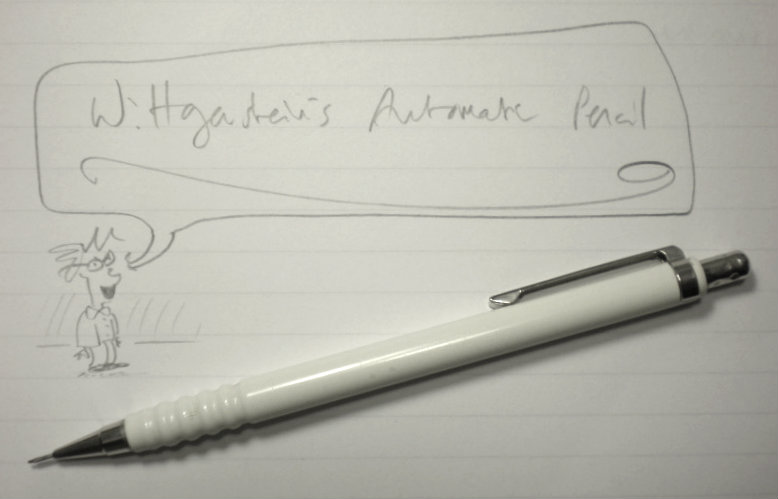So last night I went to see 'The Four Seasons of Buenos Aires' at the Howard Assembly Rooms in Leeds. I'll leave my esteemed colleague Nat to wax lyrical about the music, but briefly I thought it engaging and well played, occasionally brilliant - particularly the final piece of the first half, a wonderful duelling duet for violin and cello.
The rest of the evening was mixed. Seemingly the effulgent product of cellist Matthew Sharp's doubtlessly brimming mind, it wanted so very badly to be a disorienting impressionistic swathe of sensation - but was not. It was, however, a lot of very good musicianship spoiled by mediocre and unnecessary ego-stroking, and obscured by the paraphernalia of dance.
That dancing first: I'll admit without reservation that I just don't 'get' dance. It is a medium, like any other, the difficulties of and dedication to which I appreciate; but for whatever reason it leaves me cold and slightly embarrassed. Clearly I have issues. The Tango I could tolerate, but the contemporary sections... sorry, dancers. You had nice legs, but keep them out of the way of the musicians next time; I wanted to look at the harpsichord.
Secondly, 'cellist Matthew Sharp' is not only 'cellist' (indeed he is, and a good one, and needs no enclosing quotes) but, allegedly, 'singer' and 'performer of poetry'. Sharp? Stick to the strings, there's a good fellow. A singer you are not, though had you restrained yourself to half an octave in the middle of your range, perhaps I would not have felt so inclined to displace my attention. As for your reading of poetry - well, the poetry in itself was merely bland*, but your performance of it really banged nails in the coffin of my tolerance. Perhaps you should tone it down next time by asking Brian Blessed to read in the style of Marley's Ghost. Difficult as it is to type with a deep, smug vibrato, the repeated am-dram drawls of WwWwWwIiIiIiIiNnNnNnNnEeEeEeEe had me so upset I removed my spectacles.
OK, so it wasn't a disaster. The idea was interesting, the music was good, the musicians were good - the dancing was not my cup of tea - but a better effect would have been obtained, I think, by placing the dancers elsewhere to allow the musicians themselves more of the stage, and by employing a dedicated vocalist who could perhaps both sing and read without all that ham. 'Cellist Matthew Sharp' threatened to Tango at one point. I am so glad he did not. Rein in the presentation, keep it modest, and the show will be better for it. Or let the music speak for itself, because it is more than capable of doing so.
*
In keeping with my literary tendencies, this performance reminded me of the importance, in any creative endeavour, of being open to change. It was apparently the first performance of this particular arrangement, and did indeed feel like a work-in-progress. There was something of the partly-revised first draft about it. In writing I'm very aware of the need to crack on and finish a piece, and then the difficulties and general hard graft of attempting to perfect it - but there comes a point with every one at which it is important and useful to give it to someone for assessment, consideration, feedback - whatever you want to call it when people who are not yourself take up what you have done, and let you know what they think. Performance is one way of doing that, and a very good one too if your work is of a performable type. It has been said that art progresses by allowing itself to fail differently every time, and I would agree that 'failure' is not a thing that is either as dramatic or final as we are used to thinking. Nor is it a bad thing. There can be no movement without leaving something behind, no development without adaptation. Do not be afraid of lacking perfection, for as everyone knows, there is no such thing. Not really. Maybe a lie, but that's all. So even if the main event was less than perfect, it is not only acceptable to be so, but desirable: there can be no progress from perfection, and we learn nothing by getting everything right.
*
*After the show, I found some Neruda: it was much better on the page.
You may read more intelligent and informed musical commentary at Plink, Plonk, Plunk.
Photo of Brian Blessed in the BBC comedy Blackadder from bbc.co.uk.







